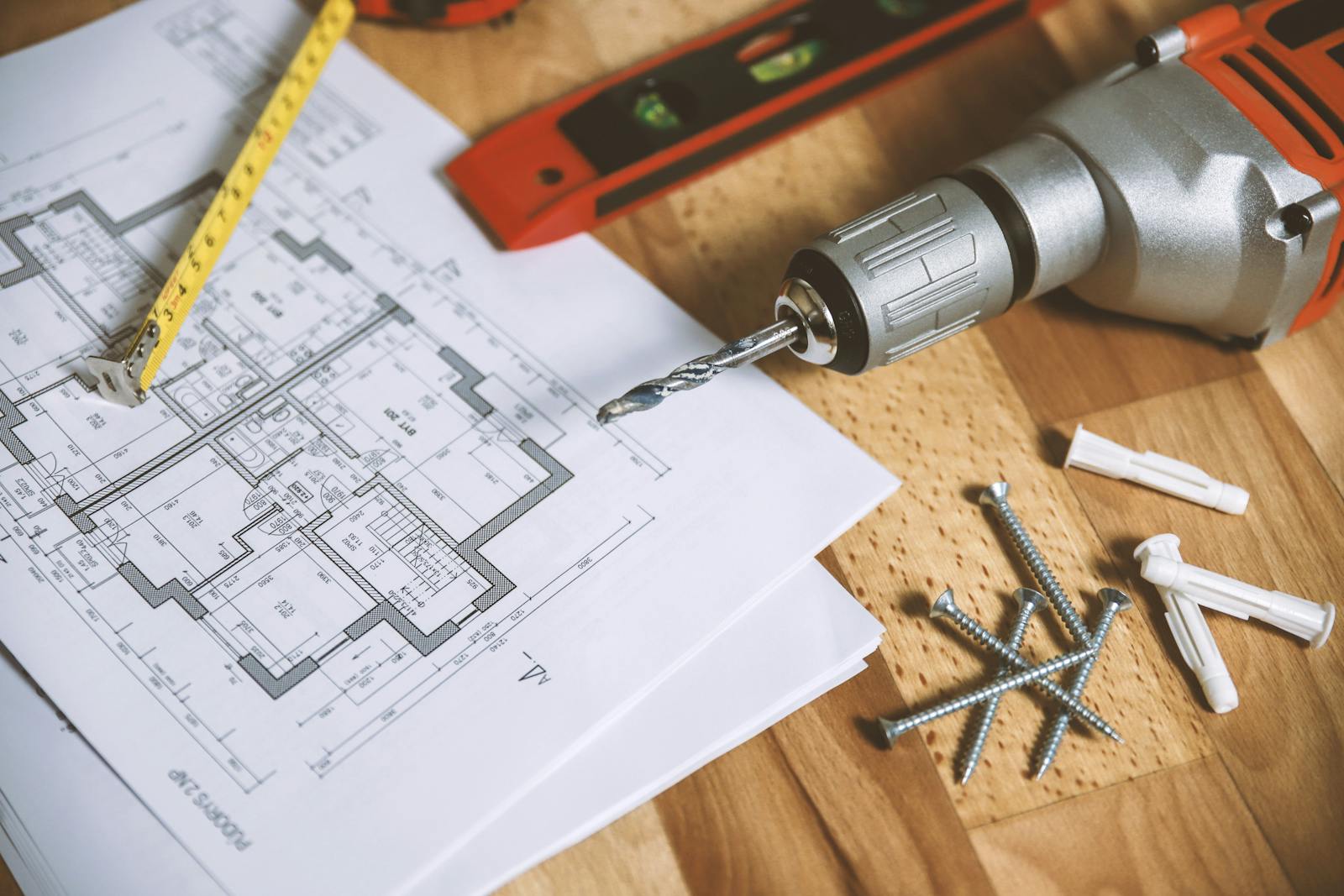Understanding Budget and Affordability:
Understanding your financial situation: This involves a thorough review of your income, expenses, debts, and savings to establish a clear picture of what you can afford in terms of purchasing a home. It's important to factor in not just the mortgage payments but also property taxes, homeowners insurance, maintenance costs, and potential condo fees. Living within your means: Buying a home that fits comfortably within your budget to ensure you can maintain your lifestyle and savings goals.
Credit Score and Financial History:
Creditworthiness: A healthy credit score is crucial for securing a mortgage with favorable interest rates. Understanding your credit score and working to improve it can lead to significant savings over the life of your mortgage.
Mortgage Pre-Approval:
Loan eligibility: Obtaining a mortgage pre-approval gives you an estimate of how much a lender is willing to finance, based on your financial history and credit score. This step not only helps in setting a realistic budget but also strengthens your position as a buyer.
Saving for Down Payment and Closing Costs:
Upfront costs: The down payment, which varies depending on the purchase price of the home, and closing costs, which can range from 1.5% to 4% of the home's price, are significant expenses. Saving for these costs in advance is essential for a smooth purchasing process.
Exploring Financing Options:
Finding the best mortgage: It's important to research and compare different mortgage options and lenders to find the best rates and terms that suit your financial situation.









